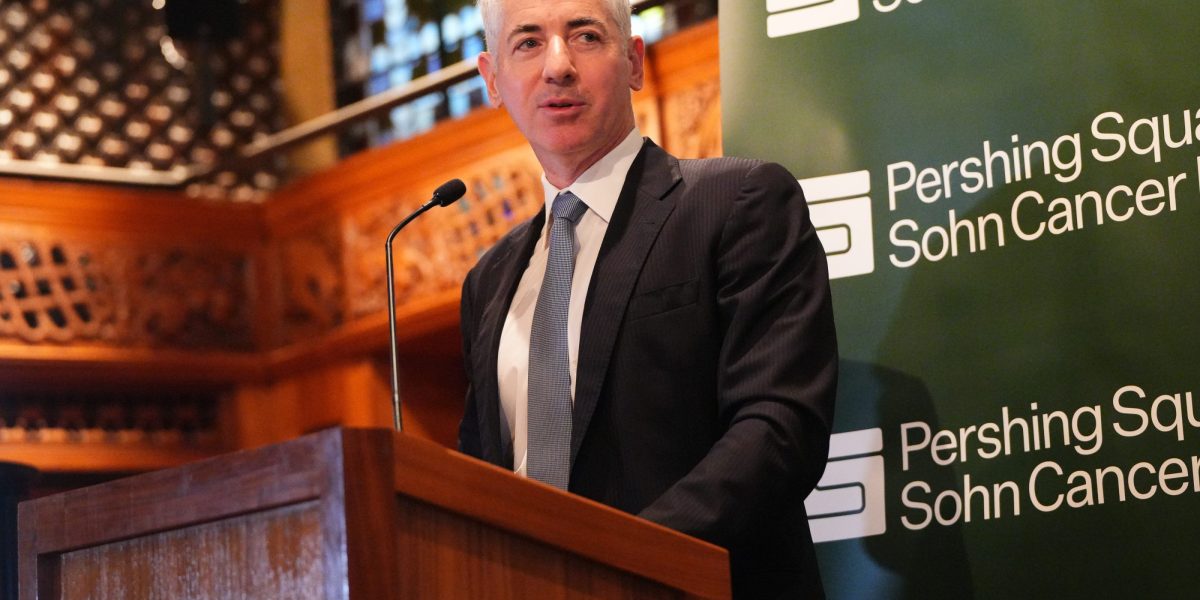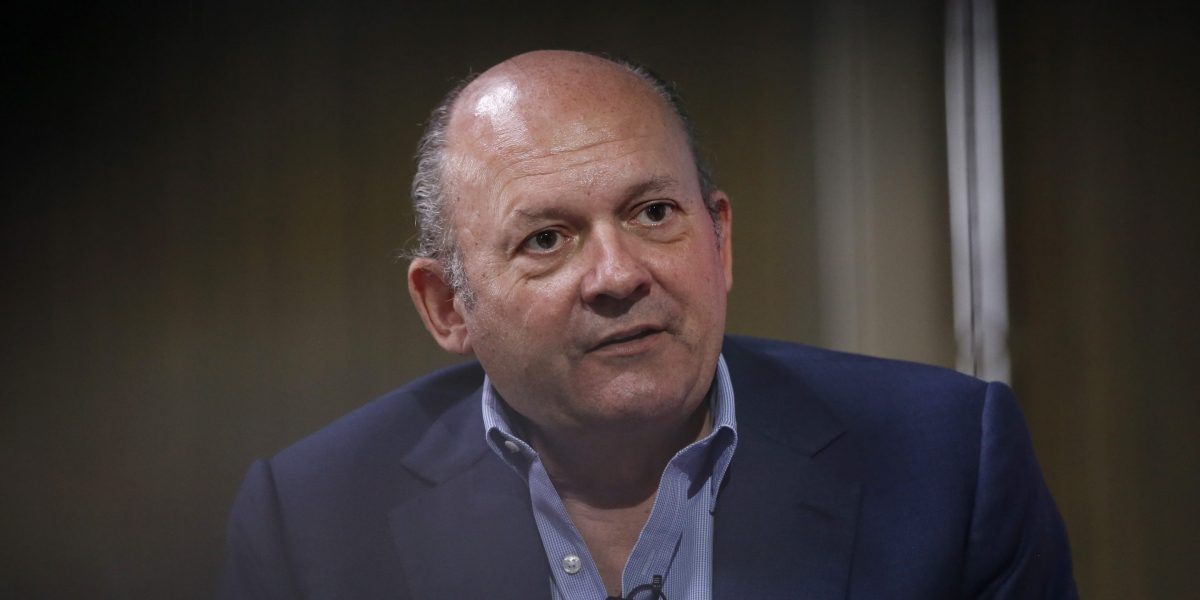Before his most recent endorsement of Sahil Bloom’s new book The 5 Types of Wealth this year, billionaire hedge fund investor Bill Ackman had publicly recommended just one other on X: Dr. Peter Attia’s Outlive.
Attia, a doctor and preventive health advocate, author, and longevity influencer, says there is an art and a science to living longer. In his 500-page #1 New York Times Bestseller—which has reportedly sold over two million copies—Attia discusses everything from what exercise zones to train in for peak performance, the benefits of rucking, why grip strength matters, the science of protein intake, and the importance of stress management.
Here are three takeaways from Attia’s book:
Health span over life span
There’s a gap between how long people live and how long they live in good health. Aging and longevity experts call this the health span-life span gap, which is about a decade or more for Americans and 25% longer for women than men, according to a McKinsey report.
Attia’s book doesn’t just encourage people to live as long as they can, but rather to live longer in good health. He compels readers to imagine their later years.
“The last decade of your life…could be the time in which you have the most influence over your great-grandkids or your grandkids. It could be the time in which you’re doing the most to help others,” Attia told Oprah after the book was published.
Focusing on health span helps people commit to more targeted healthy-aging goals, such as exercising to keep up with grandkids or learning something new to improve memory. Reducing your risk of chronic conditions that lead to poor health at the end of life is integral to valuing health span.
In the 2023 book, Attia, who also has a podcast and offers a paid membership for video content, sheds light on how to lower the risk of the “four horsemen of aging”: cardiovascular disease, cancer, metabolic dysfunction, and degenerative neurological disorders. Attia recommends integrating lifestyle changes like a nutrient and protein-rich diet and regularly exercising, especially strength training, to reduce the chronic conditions that are more common with age.
Medicine 3.0
Modern health care treats people when they are sick or when they suffer from an injury, what Attia calls Medicine 2.0. However, what Attia defends is Medicine 3.0, helping people focus on their health before the onset of symptoms by using precision medicine to tailor plans to people’s specific biology and needs. Attia’s Austin-based clinic offers personalized recommendations, including supplements, exercise, and nutrition advice after they undergo different tests for an “undisclosed price,” the New Yorker previously reported.
Preventative health is becoming more mainstream as clinics offer biomarker tests and personalized health advice in new brick-and-mortar spots nationwide. Attia recently invested in a $7,500 a year biohacking clinic, which is opening a second location in New York City this year. “Diagnostics are foundational to evaluating and implementing an effective health strategy informed by a systems-based approach, as well as comprehensive analyses that consider each data point within the context of an individual’s entire health picture,” Attia said in a statement on the company’s website.
While Attia also swears by low-cost interventions, like sleep, exercise, and socialization, he advocates for more granular data beyond a typical checkup. Examples include measuring ApoB and Lp(a), biomarkers that assess heart disease risk, a DEXA scan to measure bone mineral density, blood-based tests to assess metabolic health, a predictor of heart disease and early mortality, and VO2 max tests to evaluate aerobic capacity.
Emotional health as a longevity priority
A decade ago, Attia’s strict regimen included a ketogenic diet and 30 hours a week of exercise, the New Yorker reported. However, in Outlive, he writes, “I was doing everything to live longer, despite being completely miserable emotionally.” Now he prioritizes both his emotional and physical health.
Emotional well-being is a key part of healthy aging. Mental health conditions like anxiety and depression can increase the risk of dementia, while loneliness and social isolation raise the risk for chronic conditions like heart disease.
One way to improve emotional health is to stay connected to others, as the longest study on happiness to date found that the strength of our social relationships is the most significant determinant of our happiness at the end of life. Practicing mindfulness, deep breathing, and sleep are also key factors in improving emotional health.
For more on longevity:
This story was originally featured on Fortune.com
Source link


 Entertainment8 years ago
Entertainment8 years ago
 Politics8 years ago
Politics8 years ago
 Entertainment8 years ago
Entertainment8 years ago
 Entertainment8 years ago
Entertainment8 years ago
 Tech8 years ago
Tech8 years ago
 Tech8 years ago
Tech8 years ago
 Tech8 years ago
Tech8 years ago
 Politics8 years ago
Politics8 years ago






